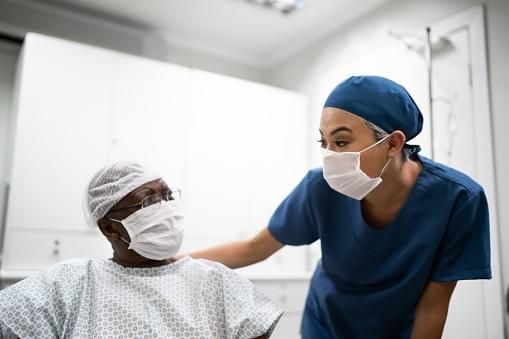
Based in Tijuana, Mexico, Oasis of Hope is a world pioneer in alternative cancer treatments. Oasis of Hope prioritizes the patient over the disease, whereas typical western medicine therapies focus on the condition. As part of its many cancer therapies, the hospital also considers the effects of cancer treatments on nutrition.
Cancer and its treatments can have many nutrition-related side effects. Cancer treatments that impact nutrition include chemotherapy, hormone replacement therapy, radiation treatment, surgery, immunotherapy, and transplantation of stem cells. Chemotherapy and hormone therapy side effects include issues with eating and digestion. The common adverse effects seen in patients are appetite loss, changes in food taste, nausea, vomiting, sores in the mouth or throat, problems swallowing, diarrhea, or constipation.
The side effects of radiation therapy also include excessive salivation, obstruction of the bowels, colitis, and sore gums. Radiation therapy can also produce fatigue, which can lead to a loss of appetite.
After cancer surgery, patients face appetite loss, problems chewing or swallowing, and feeling satiated after consuming a tiny amount of food. The common issues with immunotherapy include tiredness, fever, nausea, vomiting, and diarrhea.
Chemotherapy, radiation therapy, and other medications used before or during a stem cell transplant may have adverse effects that prevent the patient from eating and digesting food normally. Common side effects are sores in the mouth and throat and diarrhea.